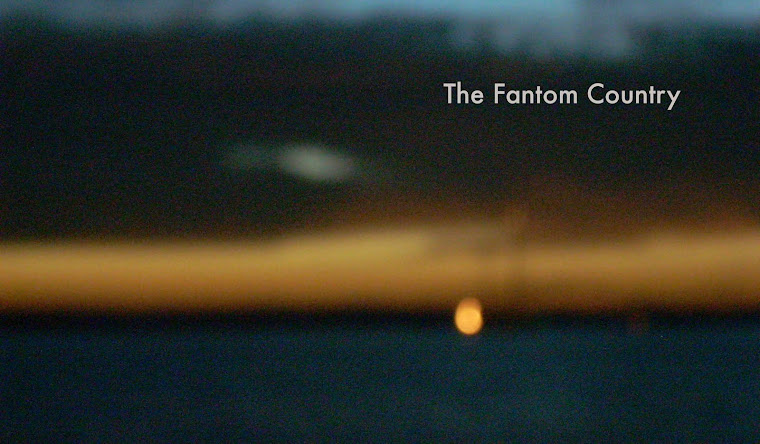Petra Costa was born in Belo Horizonte, Brazil. Her mother always told
her she could do anything she wanted, except acting, and that she could live
anywhere she wanted, except New York. Costa began acting at fifteen. She
studied anthropology and theatre at New York’s Columbia University. Elena, Costa’s heartbreaking and
gorgeous feature debut, begins with woozy nocturnal views of New York. Over
these images we hear Costa’s voice. “Elena,” she says, “I had a dream of you
last night…” In this dream Elena, Costa’s sister, is atop a wall, tangled in
electrical wires. But soon the one being dreamed of becomes confused with the
dreamer. It is the dreamer who is now atop the wall. She touches the wires,
receives a shock, falls, and dies.
This is the story of two
women, one an elusive ghost, the other trying to find this ghost, to know
her—and, for a long time, very much in danger of becoming her. (Make that three women: Costa’s mother also plays a
pivotal role in the lives of both Elena and Petra, and in the narrative
conveyed in this film.) Elena is a lyrical
memoir of devastating loss and fortifying self-knowledge. Elena was Costa’s big
sister, already entering her early teens when Costa was born. Elena wanted to
act and sing, to live only for art, but also to go beyond the theatre and break
into movies. She moved to New York to realize this. But Elena’s promise was
thwarted by her own paralyzing despair and unreasonable expectations and
prescription drugs. Petra, too, would grow up to act, sing, make art, go to New
York, all the while struggling not to succumb to precisely the same demons that
consumed her sister.
Elena received her first
camcorder at 13 and, out of her desire to hone her creativity, and out of her
perfectly healthy, even endearing adolescent vanity, immediately set about
creating a trove of home movies—movies that, unbeknownst to her, would, along
with other remarkable archival materials, become the foundation of this film haunted
by her and named in her memory. Costa weaves together all this found footage
with her own beguiling, at times astonishing images of water and drifting female
bodies resembling Ophelia multiplied; of herself looking lost in a vast city;
of interviews with those closest to Elena; and with the poignant use of the
Mamas and the Papas’ ‘Dedicated to the One I Love.’ Occasionally these
sequences overreach in their desire to attain poetics and meaningful gesture,
but what could be better to desire? Elena
is drenched in much sadness. It’s an abyss of grief and terror alleviated
only by mere hints at self-realization (the biggest of those hints being the
very existence of this film), but it also flows with tremendous beauty—beauty
and fluidity are Costa’s key sources of consolation. The film is so
intrinsically personal that it’s difficult to imagine what Costa might do next,
but I can’t wait to find out.




No comments:
Post a Comment